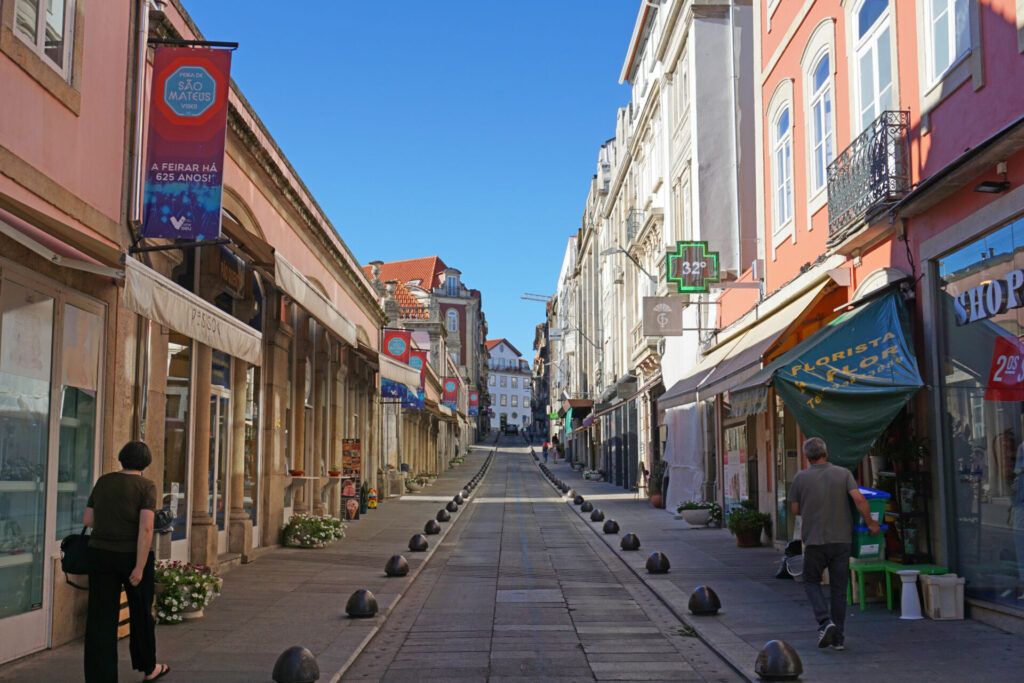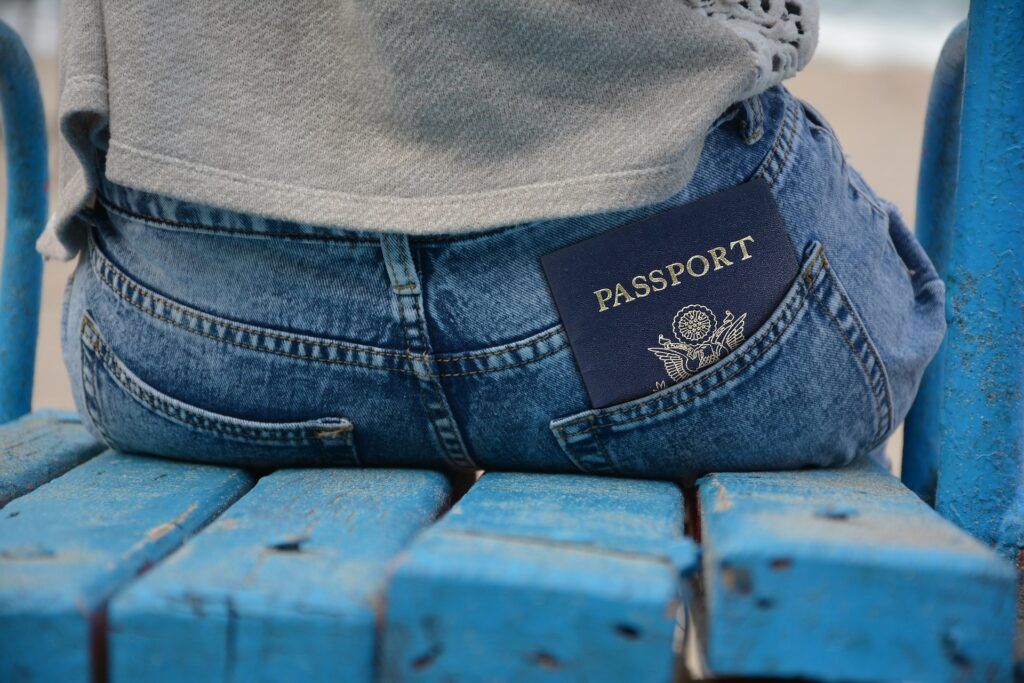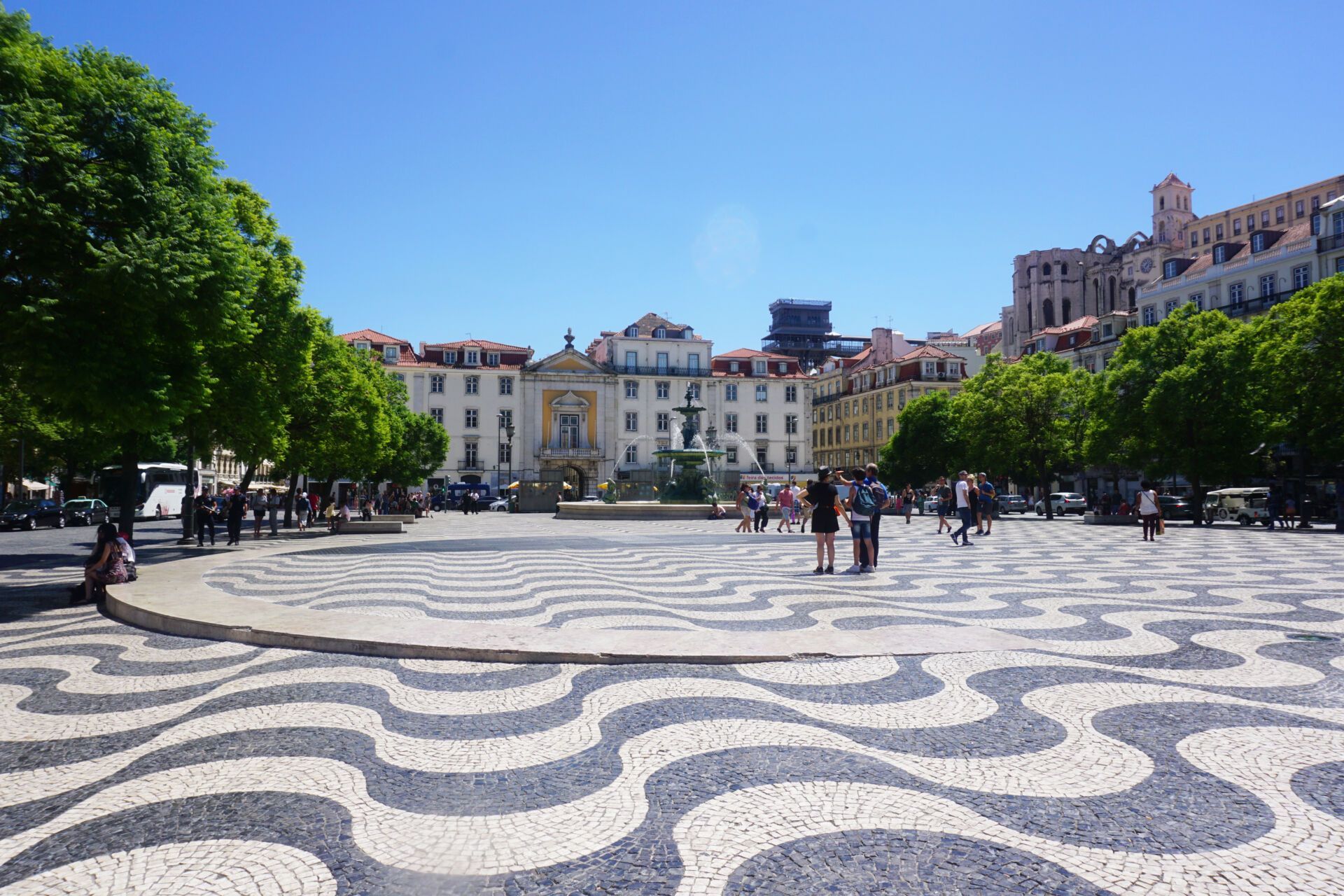Usually I post about the fun and interesting things to do, see, and eat when you’re in Portugal. And while most vacations go well (the worst thing to happen is having to get that flight back home when you don’t want to), occasionally, things don’t go to plan. That’s why it’s so important to know what you to do when the unexpected happens. There’s a lot that can put a downer on your fun: but whether it’s an unfortunate migraine or a missing passport, the best thing you can do is be prepared.
Pharmacies 101
From insect repellent to pain relief tablets, a farmácia will usually have whatever you need to meet your minor medical needs. They’re identified by the usual green cross sign, so you can spot them from a distance. Farmácias in Portugal are open Monday-Friday 9 am – 7 pm (although some may close for lunch) and Saturdays 9 am – 6 pm. If you need a pharmacy outside of these hours, you have to find a farmácia de serviço, which are special pharmacies with extended opening hours or that function 24 hours a day (the hours vary from location to location). To find one, search by location on this website. Please be aware that in Portugal there’s something called a parafarmácia, which is like a pharmacy in that they sell many of the same items as pharmacies, but the big difference is you can’t get prescription items at a parafarmácia.
Insider tip: make sure to take a number (usually the option you’ll need is “atendimento geral”) when you get to the pharmacy and pay attention to when they call your number.

Medical Emergencies Happen
If you need to call an ambulance (ambulância), the number to call is 112, which is the same throughout Europe. However, you’re more likely to need a visit to the emergency room than real emergency services. (That calçada portuguesa can be pretty slippery and you wouldn’t be the first to fall and either sprain or break something!)
If you’re a citizen of an EU country, Iceland, Lichtenstein, Norway, or Switzerland, you can receive free or low-cost medical care if you present your European Health Insurance card and passport/national ID, so please be sure to take these with your to the hospital. If you’re from outside of these countries, it’s advisable that you bring along your travel insurance documentation to the emergency room and, if possible, let your insurance company know that you’re going to need emergency treatment and what the protocol for your insurance is. You’ll need to pay the hospital bill at the end of your visit (but the insurance company should reimburse you afterwards).
Money, Money, Money
Portugal has one the most advanced inter-banking networks in the world, which means you can do a lot at a multi-banco (MB) ATM. However, for tourists, the main concern is getting cash out for smaller expenses such as taxis (which usually do not accept cards). You can easily find ATMs and bank branches throughout the country. Most Portuguese restaurants, hotels, stores, and gas stations accept major credit/debit cards. However, please note that if you do need to go into an actual bank branch instead of an ATM, opening hours are 8:30 am – 3 pm.

Where’s my passport?
Nothing is more annoying (and stressful) than losing your passport when you’re traveling. Be sure you have your consulate’s phone number handy to report the issue. You’ll also need to get a police statement from the polícia (PSP) of the incident so you can travel back home until you get a replacement passport. To find the nearest police station to file the report, ask at your hotel or select the district you’re in from the homepage on the police’sofficial website.
Hopefully these tips will make any unexpected hiccups on your trip a little easier to bear. Remember, in an unforeseen situation, it’s better to be prepared so you don’t have to research where to go, who to call, or what to do in the event that something does happen.



as always incredibly helpful – may I reblog this one of these days?
Thank you and sure, just please reference my original post when you do 🙂
Thank you and yes I will make sure I do ☺
Very helpful tips but make sure you will be allowed home without your Passport. My niece recently lost her Passport in Bari, Italy, and after reporting it to the Police, she had to take a taxi to Rome to the British Embassy to get a 48-hour Passport for which she had to pay, I think, £95. Meantime, she lost her flight home so had to book another for the following day, staying overnight in an hotel in Rome. Her Insurance covered the cost of the replacement Passport which she had to get when she got home (£80 something) and the new flight ticket,but not the taxi journey from Bari, the overnight hotel in Rome, or the cost of the 48-hour Passport from the Embassy. So we warned, it’s not a simple undertaking when you lose your Passport.
Totally agree!